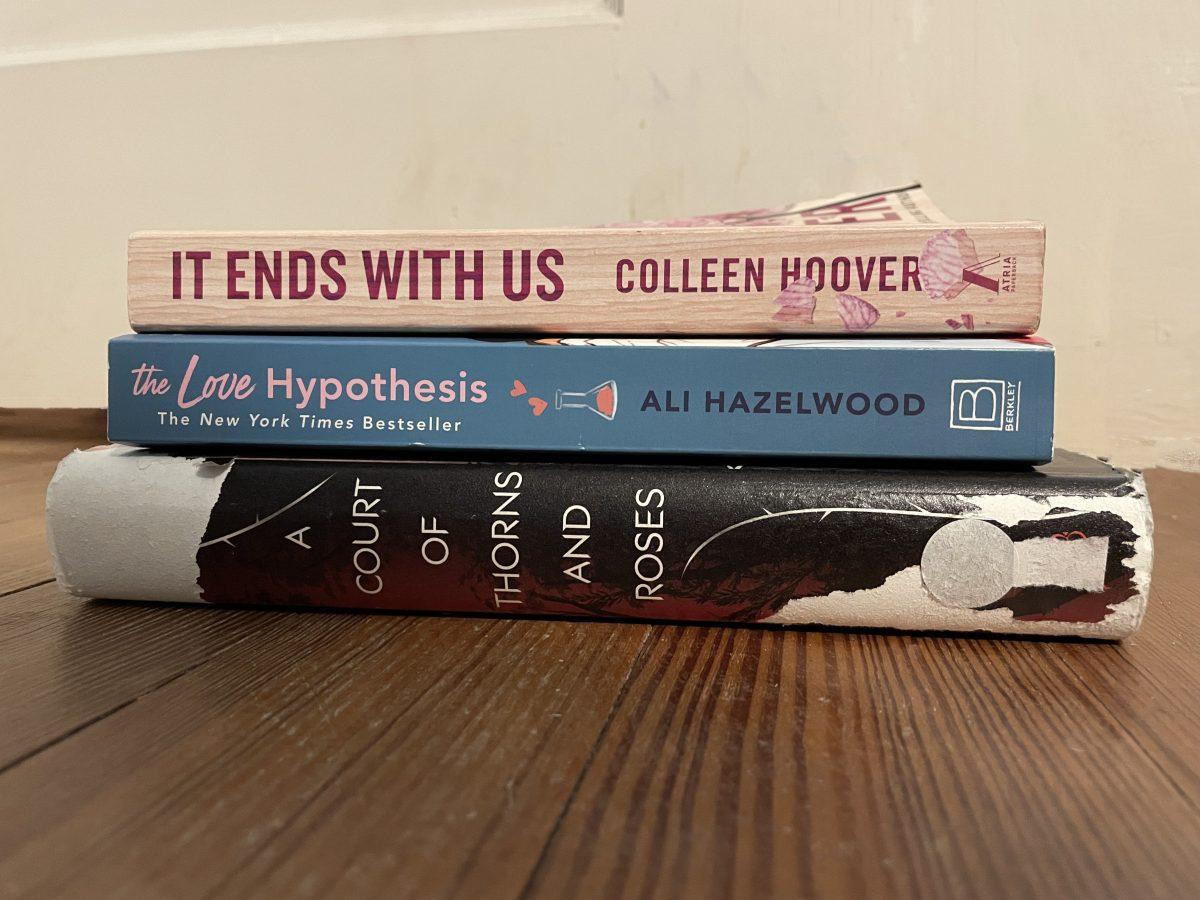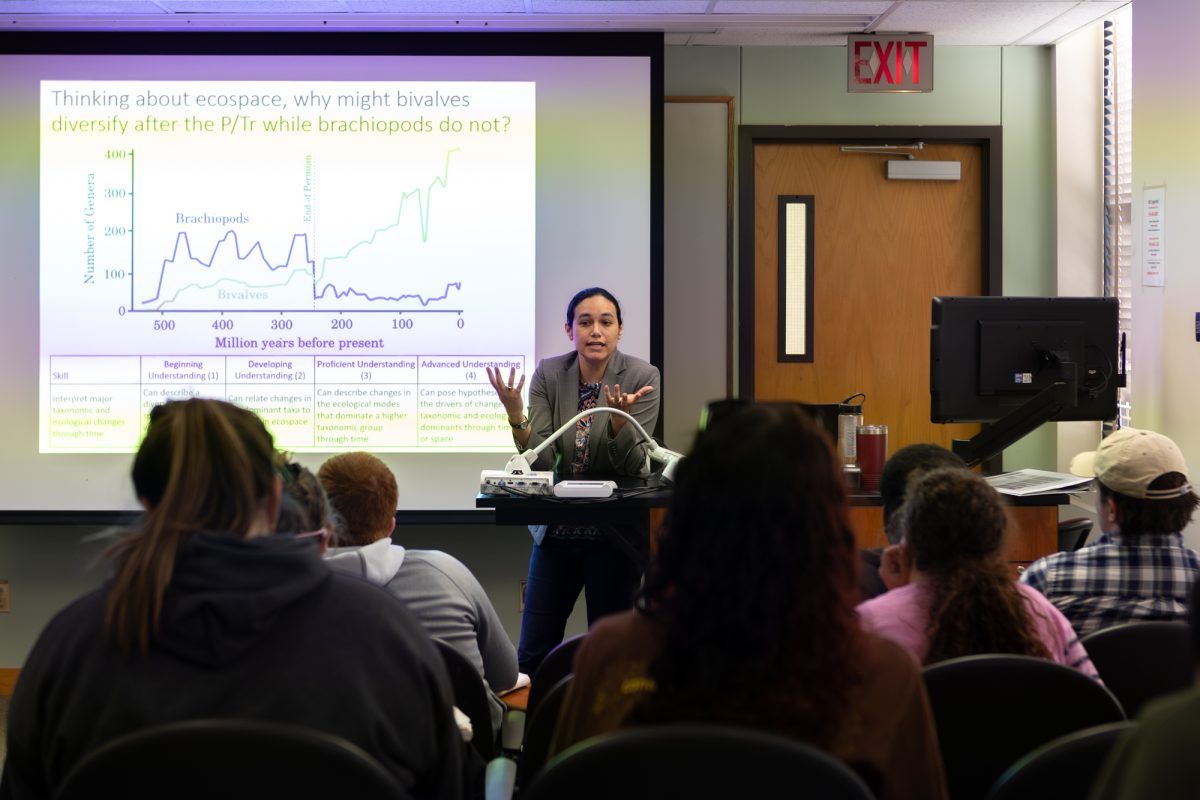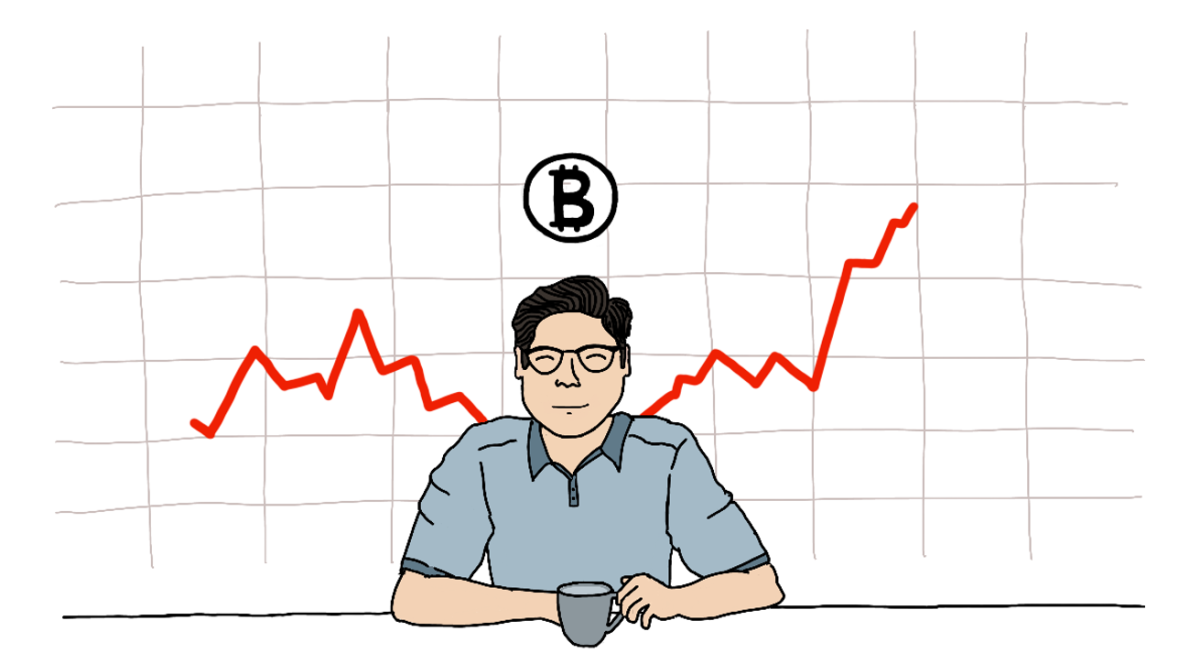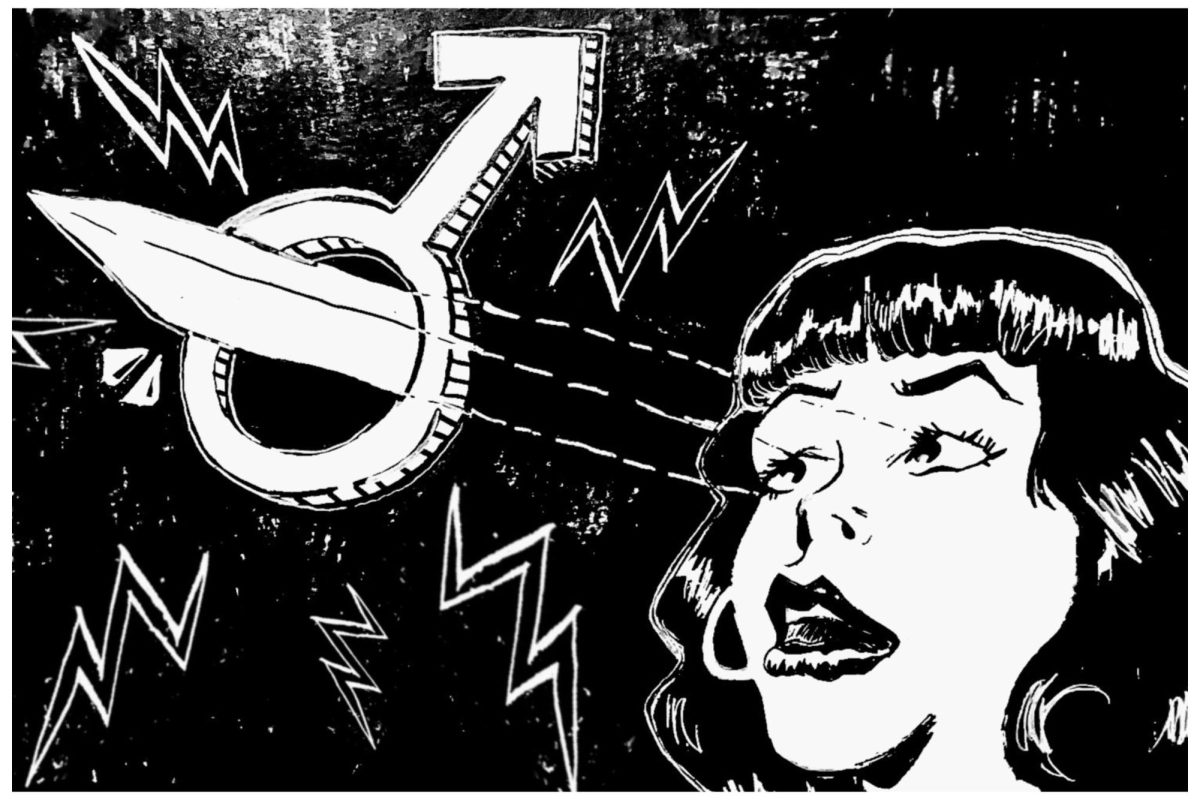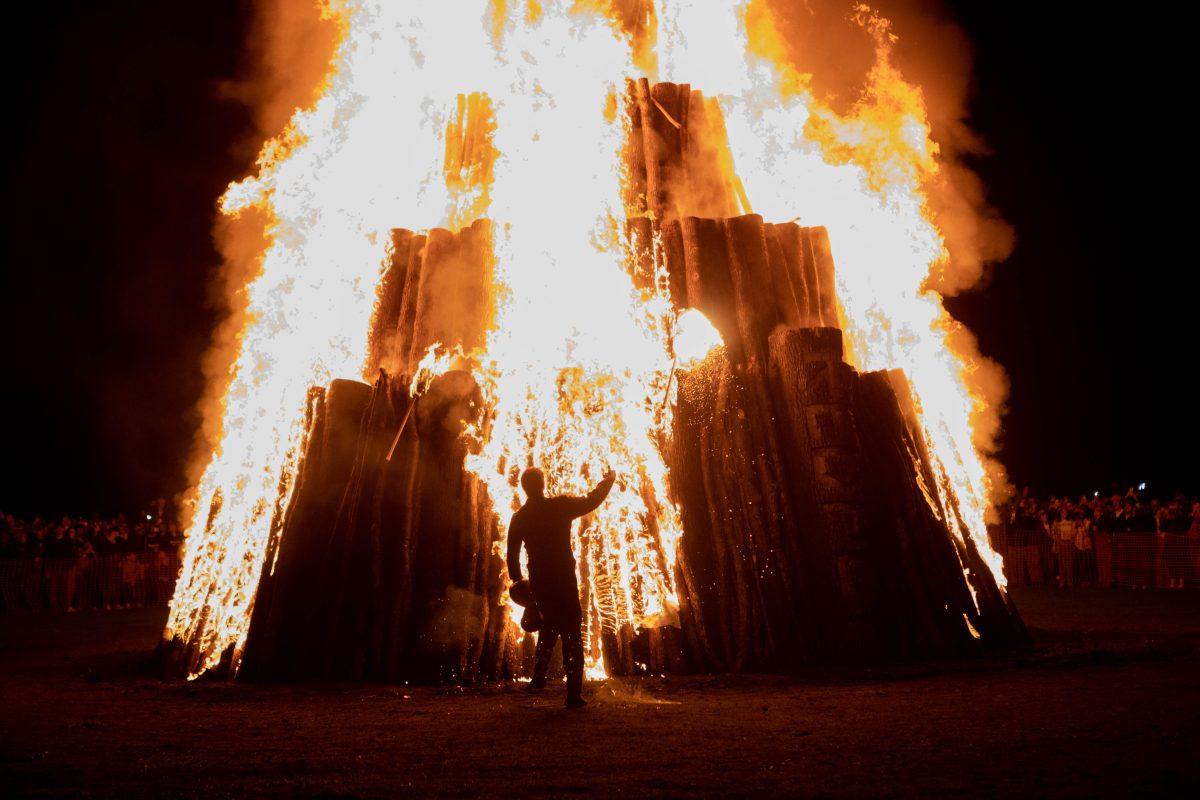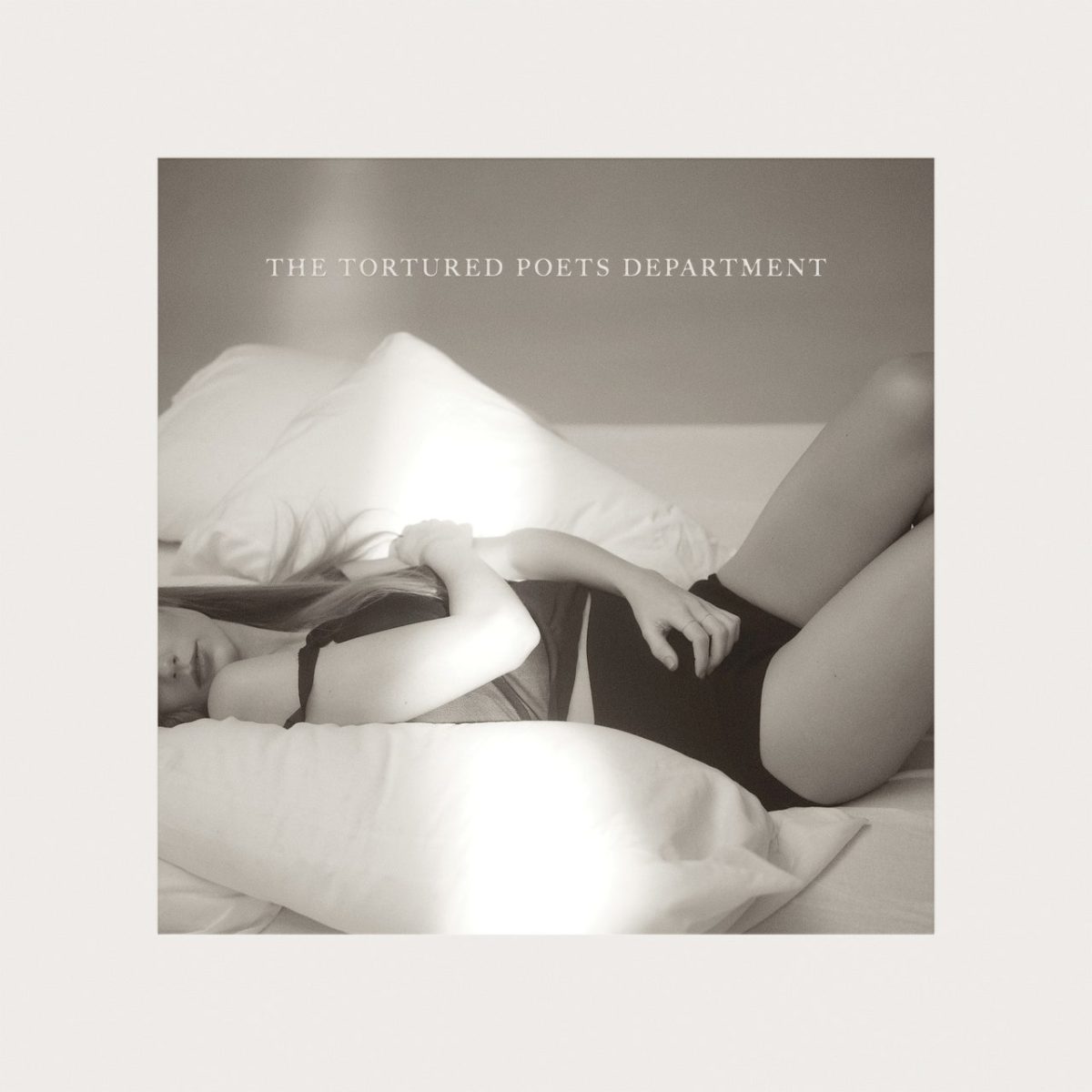Аs a long-time enjoyer of the written word and a proud bibliobibuli, I think it’s safe to say not all books are created equal. In fact, some shouldn’t be in school libraries at all. Books containing pornographic images or detailed accounts of sexual encounters between minors should not be something a middle schooler stumbles upon while looking for “Harry Potter and the Goblet of Fire.”
What I’m saying shouldn’t be controversial, yet the debate over what should be allowed in public schools has swept the Lone Star State over the previous years after numerous incidents of Texas parents calling attention to what they describe as sexually explicit books found in their kids’ public libraries. Consequently, Texas school boards and state legislators have been reevaluating what books are available to their children, with some communities opting to remove certain books altogether from their schools.
In Keller ISD, the graphic novel “Gender Queer,” a memoir about the author’s struggle with puberty and sexual identity, has been removed from one of the high schools because of pictures depicting two men having sex and minors performing oral sex with one another. The author Maia Kobabe wrote an essay defending the book and lamented over “conservative politicians” trying to get the book “banned.” Did Kobabe mention the full-colored drawing of kids having sex? Of course not. It’s easier to play the victim than to acknowledge the real reasons people are upset about the book’s availability to kids.
In Leander ISD, parents have been pushing to have “Lawn Boy” by Jonathan Evison, removed from the library because of repeated vulgarities and a scene where the protagonist details how he engaged in sexual acts when he was ten years old. The book contains so many adult themes that Evison agreed it shouldn’t be available to young people.
Predictably, the national media has whipped itself into a frenzy labeling parental concerns as “fascism” and “censorship.” Consider the American Library Association’s March 23 report on what they misleadingly describe as a record-breaking number of “book bans.” The report goes on to smear parental rights groups as “censorship groups” and implies that concerned parents are motivated solely by bigotry towards LGBTQ+ authors.
Contrary to the shaming of the American Library Association, you are not a prude, bigot or fascist for wanting to protect the innocence of adolescence. Anyone, regardless of political orientation, can tell that this sort of sexually charged content is not suitable for young audiences.
Behind the grave moral panic is the reality that none of the challenged books are banned in any meaningful sense. Every “banned” book can be purchased online or at a local bookstore. To lump together every instance of a library taking a book off its shelf or a school replacing one book on their curriculum with another as “censorship” — and in some cases, comparing it to Nazi book burning — is the definition of willful ignorance.
The crux of the issue is: Do parents have the right to influence what is appropriate for students to be exposed to? The obvious answer is yes.
As a community, we are morally obligated to cultivate virtues that we deem valuable and necessary for a free society to prosper. One of the main ways we do this is through public institutions such as schools — specifically, the literature we teach. A community that requires students to read Martin Luther King’s “I Have a Dream” speech and the writings of Frederick Douglass is clearly going to have different values than students who only read “Diary of a Wimpy Kid.”
Literature shapes the soul. Thus, the process of determining which books go on school shelves should involve open dialogue between teachers, legislators, administrators and, most importantly, parents. It’s their children, not the state’s.
Books with obscene and lewd sexual content should be kept out of the reach of innocent kids who have no reason to be exposed to such content, especially in school. Sex is not something for a young impressionable mind to stumble upon in the library. It’s a topic that deserves to be treated with the proper respect. As Irving Kristol wrote, “When sex is a public spectacle, a human relationship has been debased into a mere animal connection.”
The defenders of such books wrap their arguments in vague sentiments of free speech meant to obscure the real issues at hand. It feels good to say you’re fighting for free expression instead of stating the truth — you’re fighting for the availability of graphic sexual material in K-12 school settings.
To be sure, there are good-faith debates to be had about what is or isn’t age-appropriate. I’m sure there are valid criticisms of the current book curation bills in the Texas legislature. However, the idea that communities managing what books their kids have access to is some unimaginable transgression against freedom is ludicrous. Regulating school content is prudence, not censorship.
Ryan Lindner is a political science sophomore and assistant opinion editor for The Battalion.

















